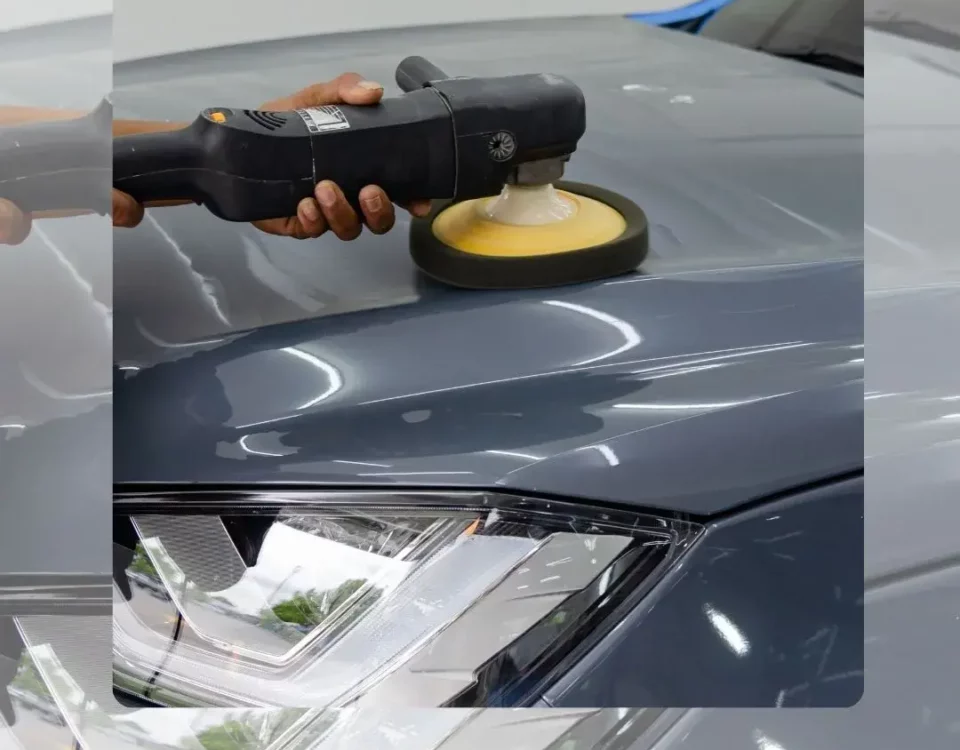
How an Auto Mechanic Diagnoses Common Transmission Problems
September 6, 2024
Auto Mechanic Tips: Maintaining Your Transmission for Optimal Performance
September 6, 2024Identifying early signs of transmission trouble can save you from costly repairs and potential vehicle downtime. Unusual noises like whining, clunking, or humming from the transmission area, and delayed or rough gear shifts are common indicators of underlying issues. Additionally, auto mechanic fluid leaks, warning lights on the dashboard, and a burning smell emanating from overheated fluid should not be overlooked. Recognizing these symptoms and seeking professional diagnostics promptly is essential to prevent further damage. So, what steps should you take once these signs appear, and how can you ensure accurate diagnostics and effective repair?
Warning Symptoms
Transmission issues can manifest through various warning symptoms that, if recognized early, can prevent more extensive and costly repairs. One of the most common indicators is unusual noises emanating from the transmission area. These might include whining, clunking, or humming sounds, which often signal mechanical wear or fluid problems.
Additionally, delayed or rough shifting between gears can denote issues with the transmission’s internal components or fluid levels.
Another critical symptom is the presence of transmission fluid leaks. Bright red or dark brown spots beneath your vehicle can indicate a compromised seal or gasket, necessitating immediate attention.
Equally important is the transmission warning light on your dashboard. While this light may not always mean a severe problem, it should never be ignored, as it often serves as an early alert to potential issues.
Experiencing a burning smell is another red flag. This odor typically arises from overheated transmission fluid, which can lead to significant damage if not addressed.
Lastly, slipping gears, where the vehicle unexpectedly changes gears, can be a sign of worn-out gears or low fluid levels. Being vigilant about these symptoms can greatly enhance the longevity and performance of your vehicle’s transmission.
Professional Advice
When dealing with transmission repairs, seeking professional advice is indispensable for ensuring accurate diagnostics and effective solutions. Transmission systems are intricate, comprising numerous components that require specialized knowledge for proper evaluation. An experienced auto mechanic can provide detailed insights into the condition of your transmission, identifying issues such as fluid leaks, worn-out gears, or electronic malfunctions that may not be immediately apparent to the untrained eye.
Professional mechanics have access to advanced diagnostic tools that can read error codes and perform pressure tests, thereby pinpointing specific problems with precision. This not only saves time but also prevents unnecessary repairs, ensuring that you only address the actual issues affecting your vehicle.
Additionally, expert advice helps in understanding the severity of the problem and the urgency of required interventions, which can be crucial for preventing further damage.
Moreover, a seasoned mechanic can offer preventative maintenance tips tailored to your vehicle’s make and model, enhancing its longevity and performance. By fostering a relationship with a trusted professional, you become part of a community dedicated to maintaining vehicle health, providing peace of mind and a sense of belonging. Trust in professional expertise is an investment in your vehicle’s future reliability and your own driving safety.
In juxtaposition to the routine functions of an automobile, the presence of unusual noises, delayed or rough shifting, fluid leaks, warning lights, and burning smells indicate potential transmission issues. Swift professional diagnostics and timely maintenance can mitigate these red flags, ensuring vehicular integrity and performance. Ignoring these symptoms may lead to escalated repair costs and compromised safety. Hence, the balance between vigilance and expert intervention is crucial for maintaining optimal transmission health.





